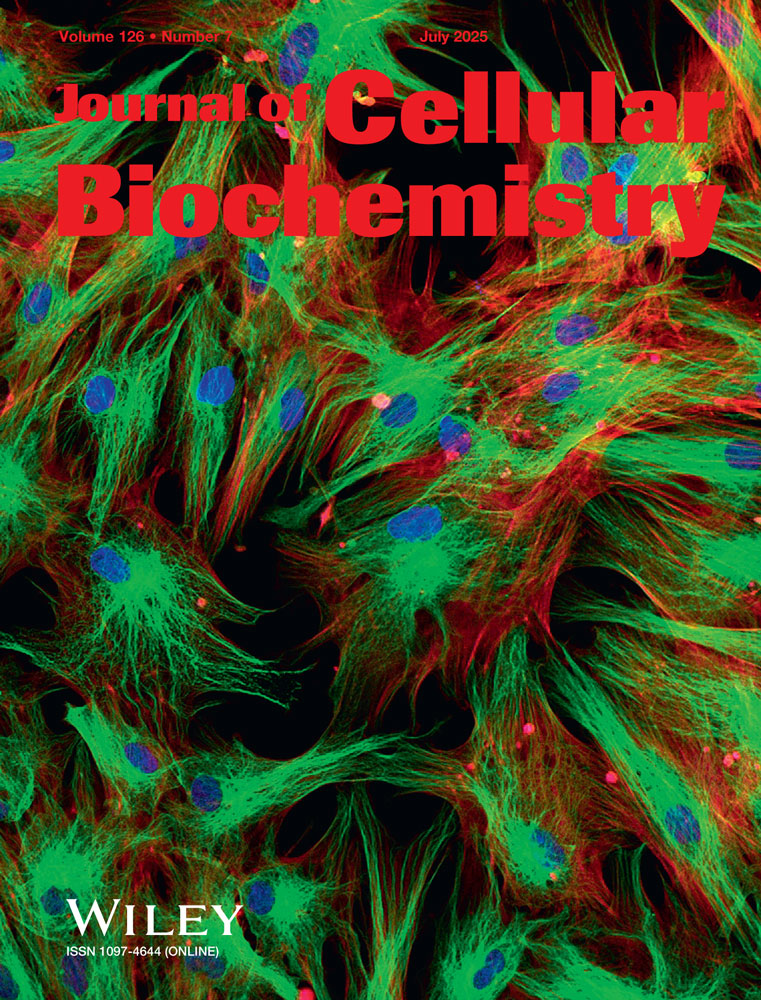Protein kinase A inhibitors enhance radiation-induced apoptosis
Abstract
In addition to a role for de novo protein synthesis in apoptosis we have previously shown that activation of a protein phosphatase or loss of activity of a kinase is also important in radiation-induced apoptosis in human cells [Baxter, and Lavin (1992): J Immunol 148:149–1954]. We show here that some inhibitors of protein kinases exacerbate radiation-induced apoptosis in the human cell line BM13674. The specific protein kinase A inhibitor isoquinoline sulfonamide (20 μM) gave rise to significantly increased levels of apoptosis at 2–6 h postirradiation compared to values after radiation exposure only. The same concentration of isoquinolinesulfonamide, which was effective in increasing apoptosis, reduced activity markedly. A 66% inhibition of cyclic AMP-dependent protein kinase A activity occurred in unirradiated cells at this concentration of H89 and activity was reduced to 58% in irradiated cells. Calphostin C, a specific inhibitor of protein kinase C, at a concentration of 0.1 μM, which caused 68% inhibition of enzyme activity in irradiated cells, failed to enhance the level of radiation-induced apoptosis. Other kinase inhibitors did not lead to an additional increase in apoptosis over and above that observed after irradiation. The results obtained here provide further support for an important role for modification of existing proteins during radiation-induced apoptosis.




